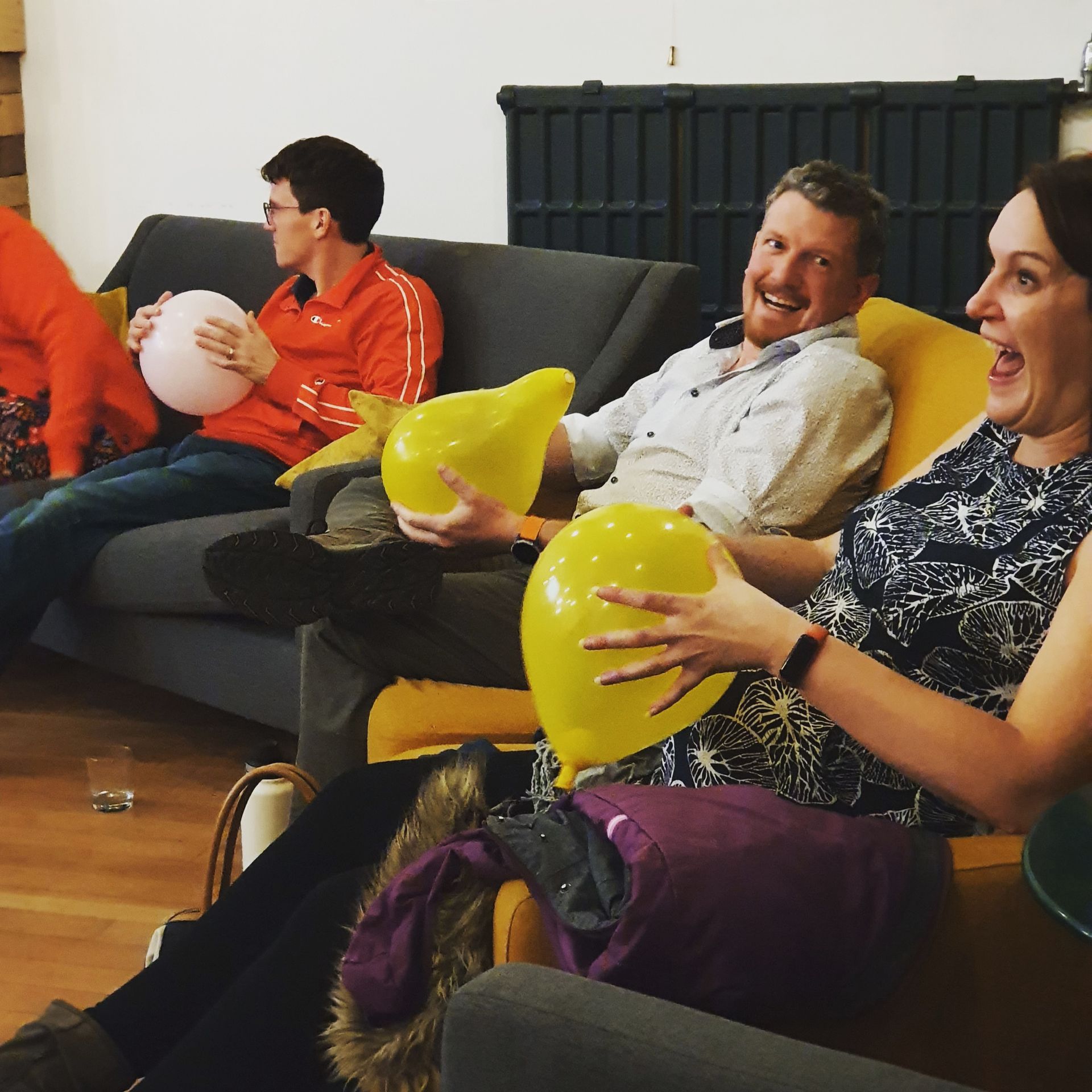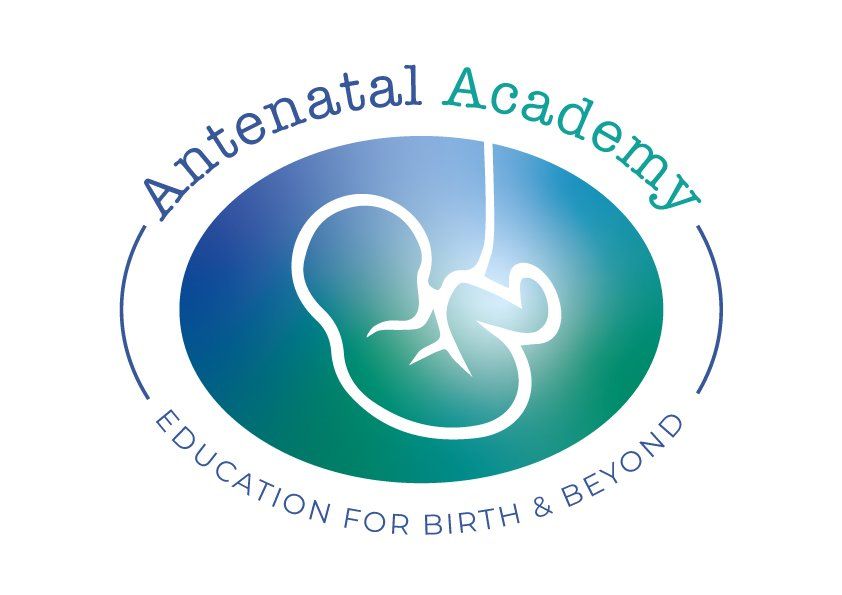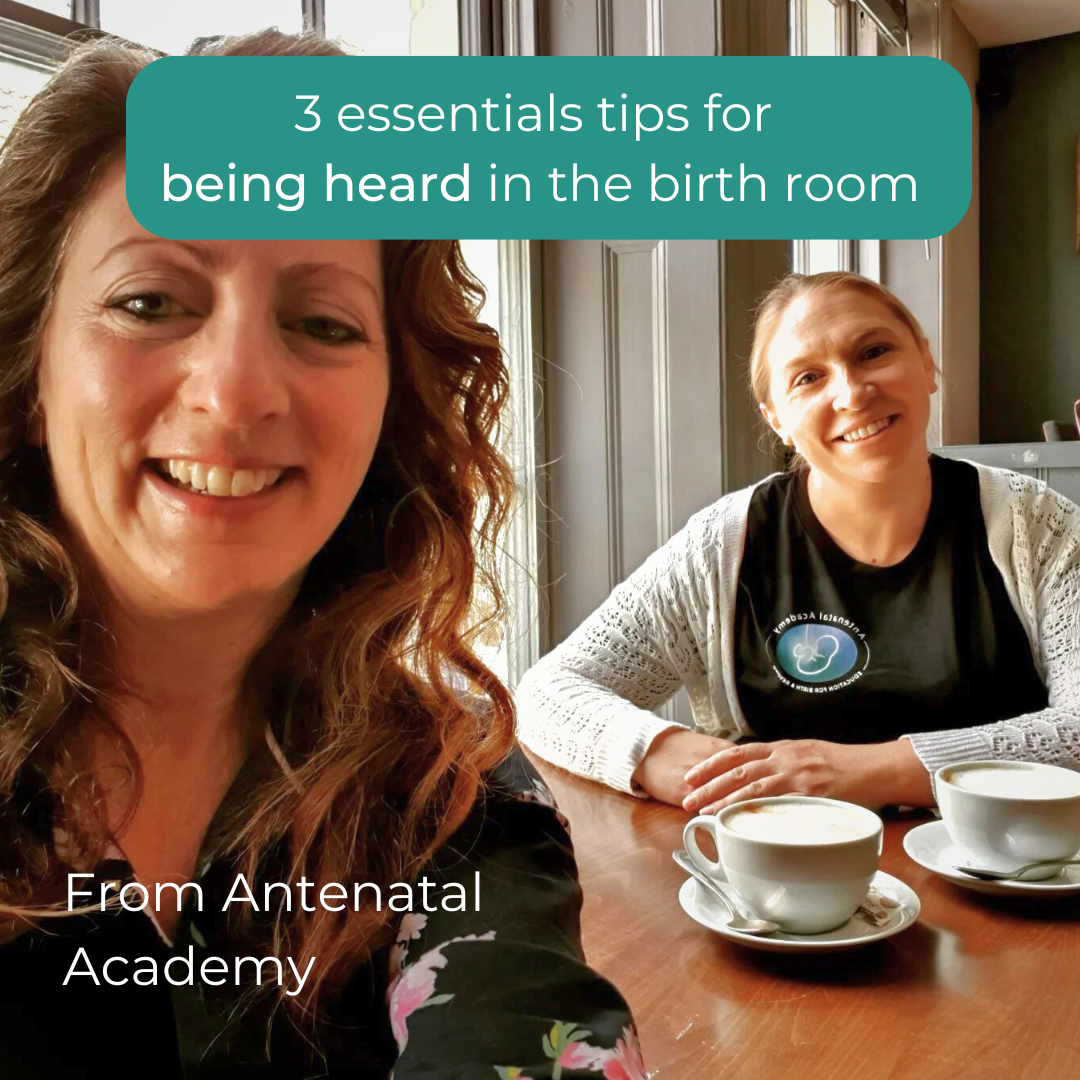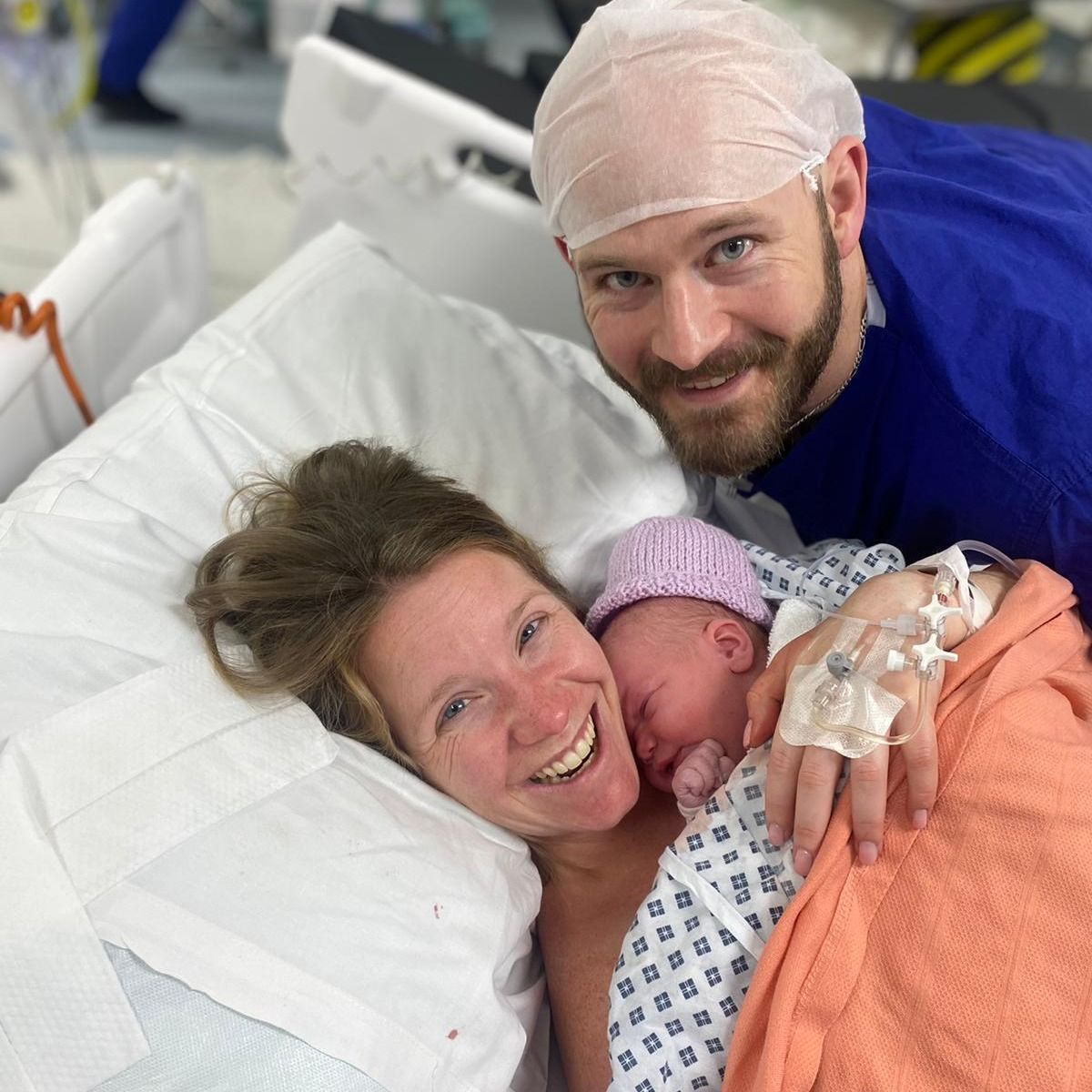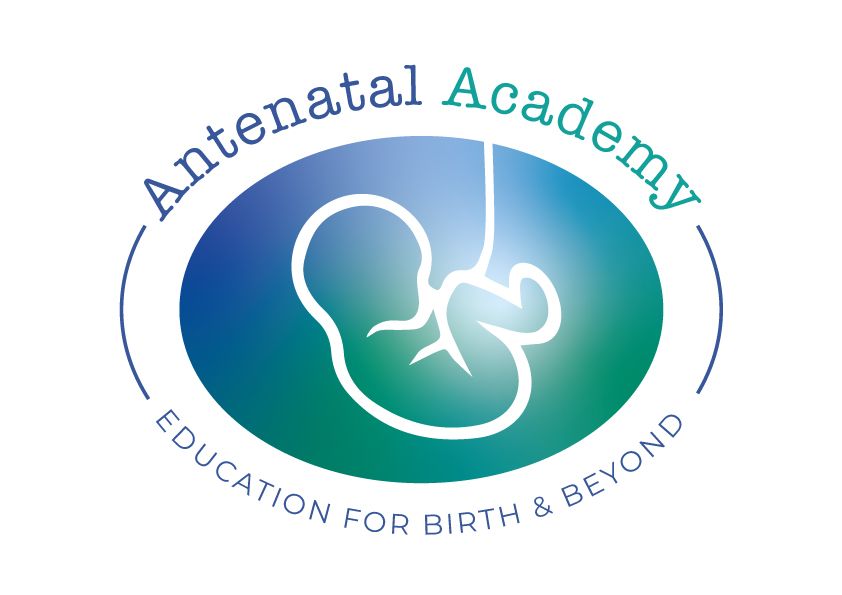Do you Know How to Reduce Medical Interventions During Labour?
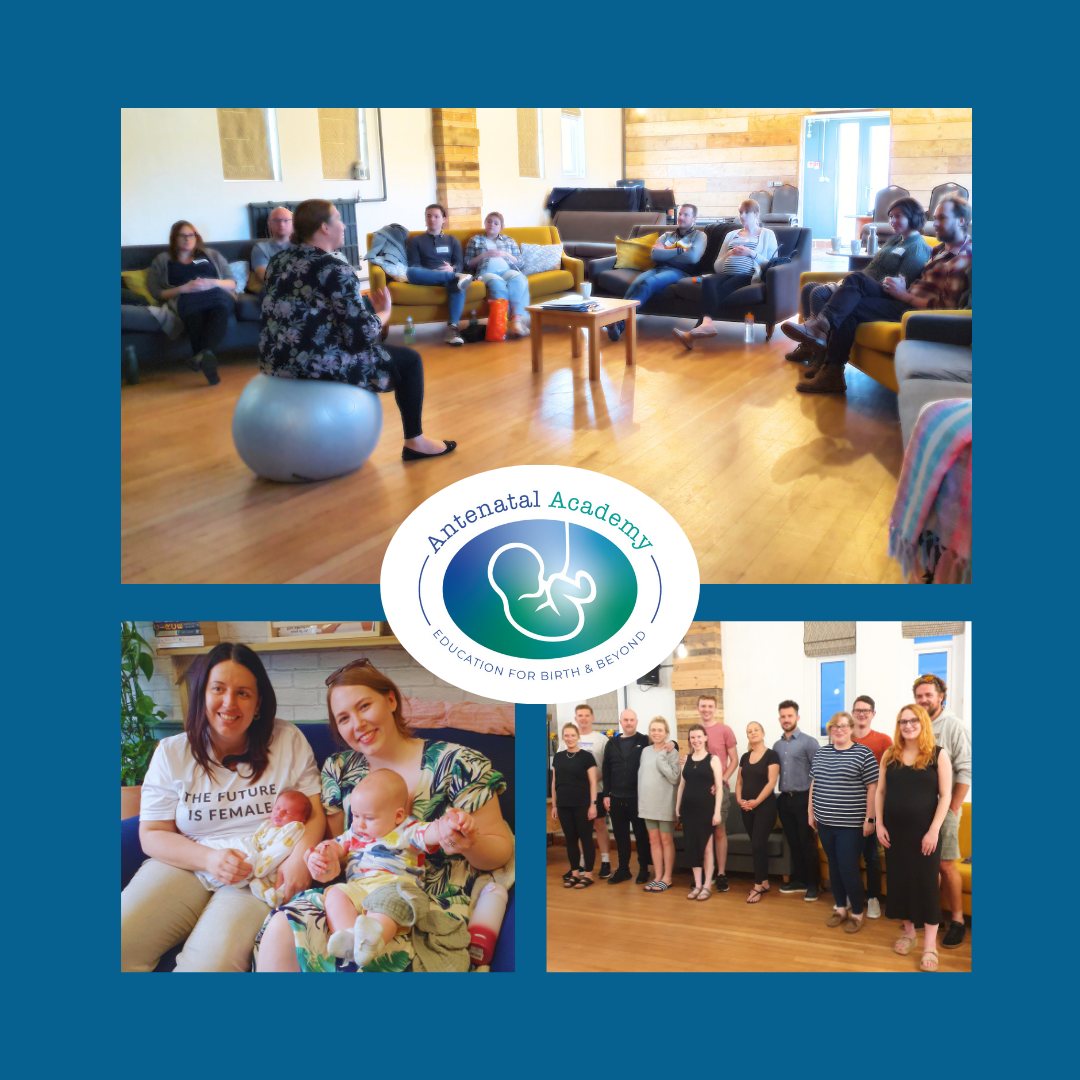
The best way to reduce interventions is to prepare both your mind and your body so you feel calm, confident, and supported at every stage of labour.
Many women want a birth that feels natural, calm, and in tune with their bodies, but very few are shown how to make that possible. Reducing medical interventions is not about being lucky or determined; it is about being prepared, informed, and confident.
Medical interventions absolutely have their place and can be life-saving when needed. But too often, they are used routinely rather than thoughtfully, and that can sometimes set off a cascade of further procedures that change the direction of birth.
Understanding how to support your body’s natural process and how to make decisions that feel right for you is the key to finding balance.
1. Understand how your body works
One of the most powerful ways to reduce interventions is to learn how labour actually unfolds and what your birthing body is capable of. When you understand what is happening physiologically, you can work with your body rather than fighting against it.
When you know what your body is doing and why, every stage of labour makes more sense. You can respond with confidence rather than anxiety, and that calm focus makes interventions less likely.
2. Learn how to stay calm and relaxed
Birth is both a physical and mental experience. When you can switch off your conscious, thinking mind and move into deep relaxation, your body releases the hormones that help labour flow more smoothly.
This is one of the key principles of hypnobirthing, which we include on our course. Through practice, you learn how to bring your mind and body into a state of calm focus, even as contractions grow stronger. This ability to relax under intensity reduces tension, pain, and anxiety, all of which can otherwise slow progress and increase the need for intervention.
It is not about being silent or still; it is about learning how to let go and allow your body to do what it is designed to do.
3. Ask questions and understand your choices
Feeling empowered during labour comes from understanding that you always have choices. It can be easy to feel swept along by routine but remember that this is your body and your baby.
If something is suggested, ask why it is needed and what alternatives there might be. Ask whether it is urgent or whether you have time to think. Making informed decisions helps you stay in control and ensures that any intervention, if it becomes necessary, is a positive and conscious choice.
4. Prepare your birth partner
Your birth partner plays an essential role in helping reduce interventions. During labour, you will likely be deep in what we often call the birth zone. This is the calm, focused state that allows your body to birth instinctively.
Because of that, you may not want to speak much or make detailed decisions. A well-prepared birth partner can protect that space for you. They can ask questions, communicate your wishes, and help maintain the calm environment you have created.
When your partner feels confident and informed, everyone benefits. It helps midwives and doctors understand what you want, and it allows you to stay focused and relaxed.
5. Be open but prepared for change
Even with the best preparation, birth can take unexpected turns. The goal is not to control every moment but to feel confident and informed no matter what happens.
If interventions do become necessary, your preparation helps you understand why and to make decisions from a place of calm understanding rather than fear. That confidence is what turns a birth with interventions into one that still feels positive and empowering.
A calm mind, an informed body, and the right preparation
Reducing medical interventions is not about resisting help; it is about working with your body and your care team in a way that feels balanced and empowering.
When you understand the process, learn to relax, and prepare your partner, you set yourself up for a more positive birth experience.
How are you feeling about the birth? Are you planning an unmedicated or low intervention filled birth? We’d love to hear from you.
Debbie and Helen
Antenatal Academy
